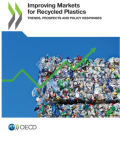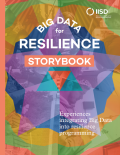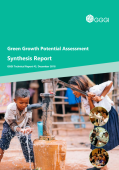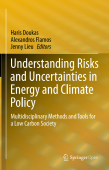


IISD's Big Data for Resilience Storybook explores the links between Big Data and resilience building through a new resilience lens. Aimed at an audience of resilience and development practitioners, the Storybook offers diverse experiences and practice-based recommendations to leverage Big Data’s potential and address its risks as part of efforts to build resilience. The Storybook is a collaborative initiative that features the experiences of seven international organizations working at the intersection of Big Data and resilience in vulnerable settings:


This open access book analyzes and seeks to consolidate the use of robust quantitative tools and qualitative methods for the design and assessment of energy and climate policies. In particular, it examines energy and climate policy performance and associated risks, as well as public acceptance and portfolio analysis in climate policy, and presents methods for evaluating the costs and benefits of flexible policy implementation as well as new framings for business and market actors. In turn, it discusses the development of alternative policy pathways and the identification of optimal switching points, drawing on concrete examples to do so. Lastly, it discusses climate change mitigation policies’ implications for the agricultural, food, building, transportation, service and manufacturing sectors.
